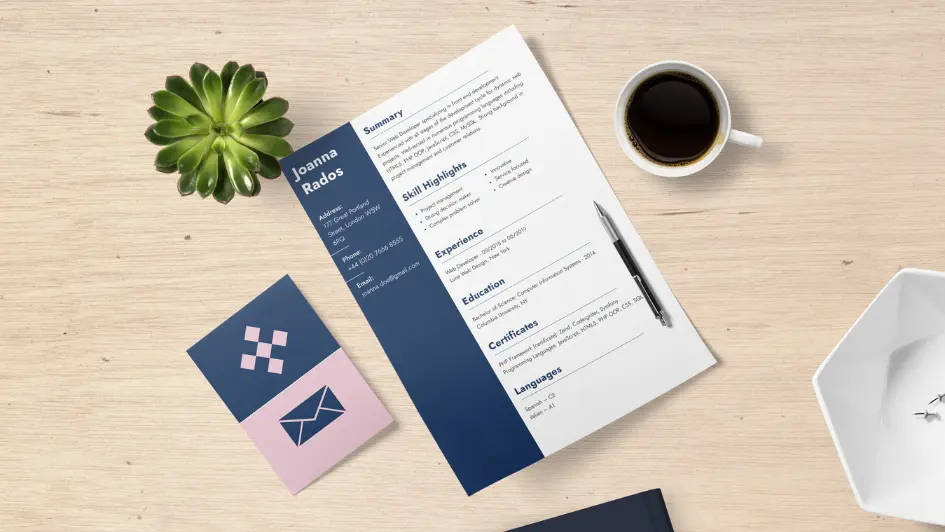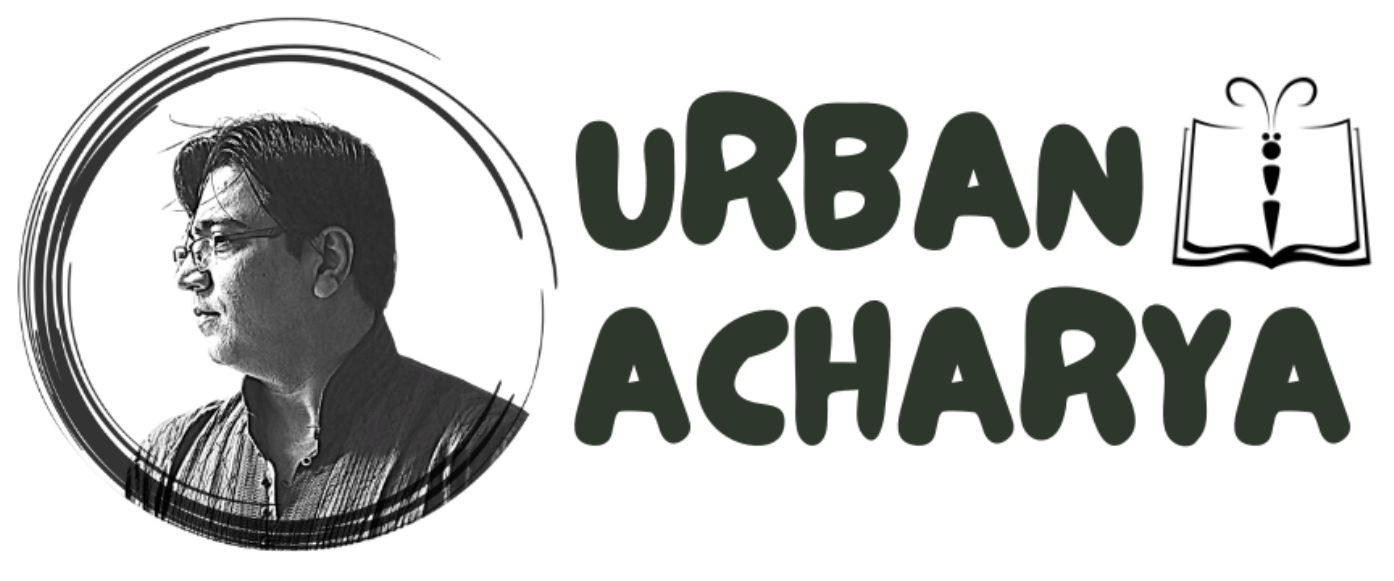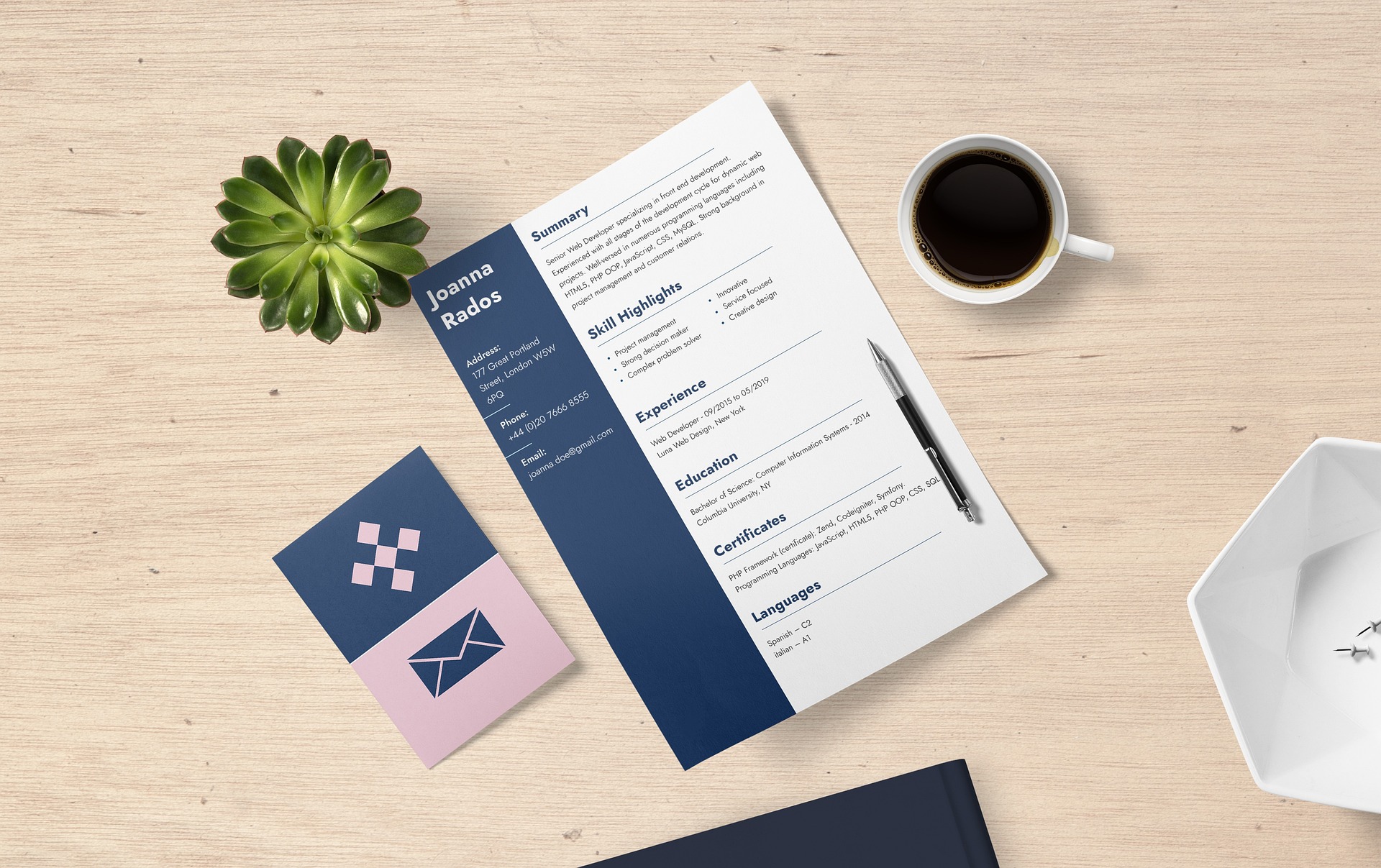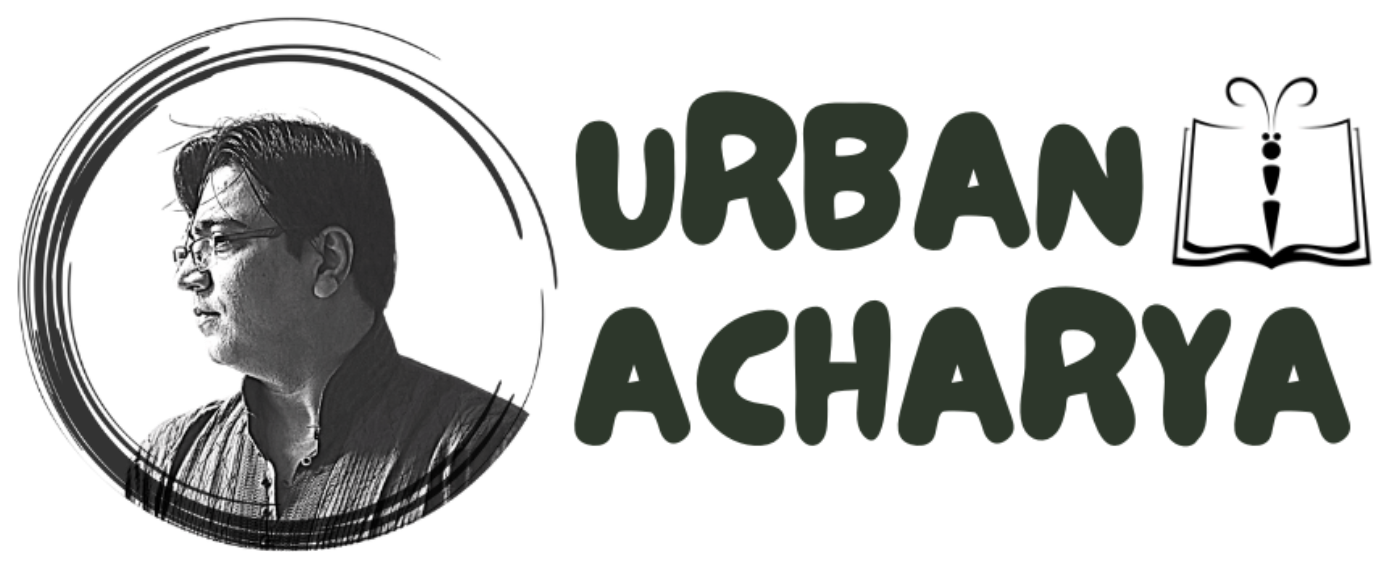Do you know your resume well enough?
Let’s take a hypothetical scenario. You are facing an interviewer and everything is going on well, you are articulation your points, your answers quite well and the interviewer appears to be quite impressed and satisfied with the way you are conducting yourself during the conversation.
But then from no-where this question suddenly pops up.
“You were spearheading a project a few years back; can you tell us more about it? What was your role in that specific project?’
There is an awkward pause and you are thinking about it, trying to figure out how to frame your answer, but the problem is – you don’t recollect much about it. Perhaps it was long back and you don’t recollect much now, or you missed out removing that part from your resume because it became an insignificant entry in place of some of your latest block buster work and you forgot to brush up about it. In any case, this situation would be the turning point of your interview and your conversation may start spiraling down from there, reducing your chances of making it.
A situation like this will bring about immediate doubts in the mind of the interviewer and he/she will start questioning the integrity of your candidature, believing you might have beefed up your resume to improve the attractiveness of your candidature, or you may have resorted to unfair means for getting shortlisted for the interview round. It will certainly prove a point to the interviewer that you are not aware of your own experiences and therefore you are not on top of your game. There is no returning back from this point. It is a complete disaster.
Perhaps the only way you could come out of this situation is to openly apologize for it. But that won’t guarantee that you would be shortlisted for the next round or next steps. And that is why it is strongly recommended that be very careful when you are copying and pasting information into a specific template or overwriting using a friend’s or colleague’s resume. And even if that is your starting point for drafting your resume, please make it a point that you read every line and every word to avoid these embarrassing situations.
Let me share my experience with you. A few years back, I was interviewing a fairly experienced candidate for a managerial role and he was a very smart engineer in terms of his knowledge and expertise. Everything was going on so well, till I noticed that he had done his engineering from a city that was well known to me since I had spent a few years there during my studies. So, I asked him a very simple question – Could you tell me a few good places to check out in the city, you have done your engineering from? It was light and soft question not really meant to test him on anything. Perhaps, to the best of my recollection, it was just out of curiosity I had asked that question. But what happened next was shocking. He was unable to name even a single important place or places to visit from the city. And that pushed me to ask a few more questions on similar lines, only to figure out that his engineering degree was fake. He was rejected immediately.
I am sure you would have figured out by now that a small mistake of this kind in your resume can cost a job. So, please be careful and try to avoid these things.
Here are a few lessons and tips that will help you being proactive in addressing some of these issues:

Get Familiar with your Resume: It is your resume so you should be familiar with every word and every line mentioned in the document. That’s a given thing, and there is no alternative to it. It is about YOU, and the document is about your experiences, your stories, your credentials, your life to a large measure. You should spend a week on your resume, carefully scanning it with microscopic eyes ensuring you are familiar with every word on it and it reflects something about you.
Remove everything that you are not confident of: It is perfectly fine to keep a one-page resume. There is no need to prepare a large document entering stuff that you are not confident of, or dated information that you will struggle to recall in its totality during the interview. You see, the number of pages has nothing to do with your chances of cracking an interview. A crisp one-page document is very much appreciated as it reduces the efforts at the organizational level to make quick decisions, since the information is crisp, concise and without any fluff.
Review your Resume regularly: Make it a habit that you review your resume regularly every quarter once and clean it up or update it to the latest experience, pruning stuff that is not required. It will ensure you are in complete control of the content mentioned in the document. Interview or no Interview, this should be a routine once in a few months exercise to update your resume.
Now coming to the pit-fall. Let’s assume that you have missed out all the three points mentioned above and still got into a situation where you don’t recall a part of your experience or let’s say you have mentioned it by mistake on the document.
Rule number 1, accept the mistake and be honest about it. Don’t try to justify or lie and then build your story on that lie, it will derail the interview process taking you closer towards disqualification. Understand, that a single lie reflects big on integrity issues and most companies have zero tolerance to it. There will be high probability that you will be black-listed for any future appearances, and in a worst-case scenario, it will tarnish your equity permanently in the industry, given that people are so well connected in this social village.
It pays to be sincere when it comes to familiarizing yourself with the document that is all about you.


